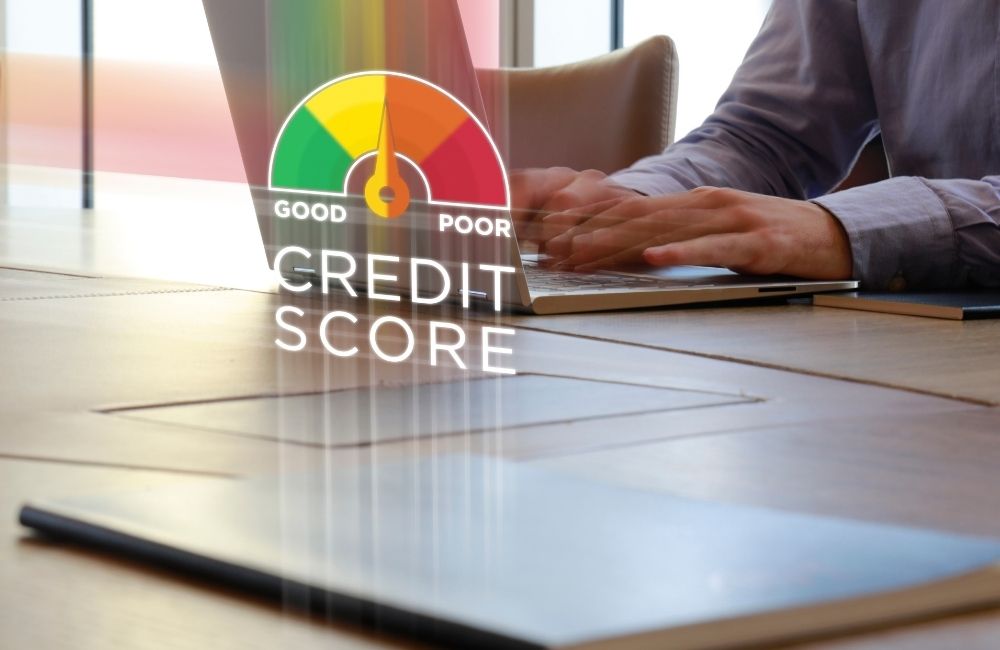Your credit score is more than just a number — it’s a snapshot of your financial trustworthiness. Whether you’re applying for a loan, renting an apartment, or even getting a job, your credit score can influence your opportunities and the cost of credit in your life.
But how exactly does it work? And how can you improve it?
Let’s break it down.
What Is a Credit Score?
A credit score is a three-digit number (usually ranging from 300 to 850) that lenders use to assess your credit risk. It’s based on your credit history — how responsibly you’ve borrowed and repaid money over time.
The most commonly used scores are FICO and VantageScore, both using similar factors.
What Factors Affect Your Credit Score?
Here’s what goes into calculating your credit score:
-
Payment History (35%)
Whether you’ve paid bills on time is the most important factor. Even one missed payment can cause a drop. -
Credit Utilization (30%)
This is how much of your available credit you’re using. Ideally, keep it under 30%. -
Length of Credit History (15%)
The longer your accounts have been open, the better — especially if they’re in good standing. -
Credit Mix (10%)
A mix of credit types (credit cards, student loans, auto loans, etc.) shows financial versatility. -
New Credit (10%)
Opening too many new accounts or hard inquiries can temporarily lower your score.
Why Credit Scores Matter
Your credit score impacts:
-
Loan Approval
Better scores mean better chances of approval. -
Interest Rates
A higher score can save you thousands in interest over time. -
Security Deposits
Some utility companies waive deposits for people with good credit. -
Insurance Premiums
In some places, your score can affect your auto or home insurance rates. -
Employment Opportunities
Some employers check credit reports for roles involving financial responsibility.
How to Check Your Credit Score (for Free)
You can check your credit score for free using:
-
Credit card provider dashboards
-
Free apps like Credit Karma or Credit Sesame
-
AnnualCreditReport.com (for full credit reports, once per year per bureau)
MoneySuite Pro’s Net Worth Snapshot and Debt Visualizer tools can also help you understand your broader financial health beyond the score.
Tips to Improve Your Credit Score
-
Pay Bills on Time
Set reminders or automate payments to avoid missing due dates. -
Lower Credit Utilization
Pay off balances or request credit limit increases. -
Keep Old Accounts Open
Don’t close credit cards with good history unless there’s a fee. -
Limit Hard Inquiries
Space out credit applications, and pre-qualify where possible. -
Dispute Errors
Monitor reports and challenge any inaccurate information.
Credit Score Myths – Busted
-
“Checking my credit hurts my score.”
False. Soft inquiries (like checking your own score) don’t impact your score. -
“Closing cards helps my score.”
Usually false — it can reduce your available credit and raise utilization. -
“I need debt to build credit.”
Not true. Responsible use of a secured card or small loan is enough.
Final Thought
Your credit score is like a financial passport — it opens doors, but only if you take care of it. Thankfully, with the right habits and the smart tools from MoneySuite Pro, managing and improving your score becomes simple and stress-free.
A strong credit score isn’t just about borrowing — it’s about creating financial freedom.

